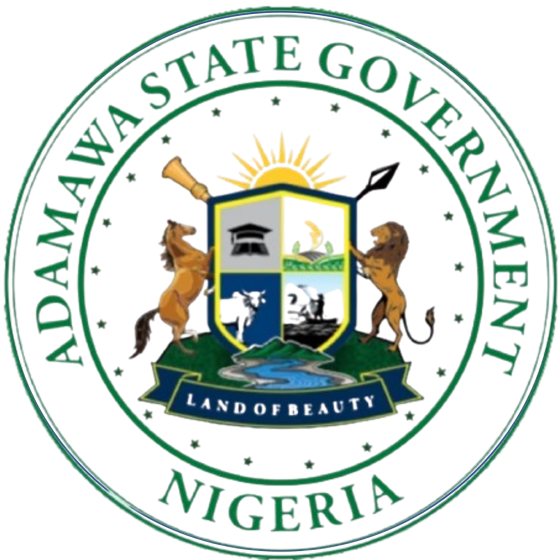
Oversee's the daily operations of the ministry, ensuring that all departments function smoothly and efficiently.
Responsibilities:
Strategic Leadership
- Policy Formulation and Implementation: Lead the development and implementation of policies, strategies, and programs aligned with the ministry’s mandate.
- Vision and Direction: Provide overall vision and strategic direction to ensure the ministry’s goals and objectives are met effectively.
- Decision-Making: Make high-level decisions on policy and strategy to guide the ministry’s activities.
Administrative Oversight
- Operational Management: Oversee the daily operations of the ministry, ensuring that all departments function smoothly and efficiently.
- Resource Allocation: Ensure optimal allocation and utilization of human, financial, and material resources within the ministry.
- Compliance and Governance: Ensure that the ministry’s activities comply with relevant laws, regulations, and policies.
Human Resource Management
- Staff Supervision: Provide leadership and direction to senior management and other staff within the ministry.
- Capacity Building: Promote staff development and capacity building to enhance the ministry’s performance.
- Performance Management: Implement performance management systems to evaluate and improve staff performance.
Financial Management
- Budget Oversight: Oversee the preparation, management, and monitoring of the ministry’s budget.
- Financial Accountability: Ensure financial accountability and transparency in the use of public funds.
- Cost Control: Implement measures to control costs and ensure efficient use of resources.
Stakeholder Engagement
- Government Liaison: Act as the principal liaison between the ministry and other government bodies, agencies, and external stakeholders.
- Public Relations: Oversee the ministry’s communication and public relations efforts to ensure positive public perception and engagement.
- Partnership Building: Foster partnerships and collaborations with relevant stakeholders to advance the ministry’s objectives.
Policy and Program Evaluation
- Monitoring and Evaluation: Implement systems to monitor and evaluate the effectiveness of policies, programs, and projects.
- Reporting: Provide regular reports to the government and other stakeholders on the ministry’s performance and progress.
Innovation and Improvement
- Process Improvement: Identify and implement process improvements to enhance the efficiency and effectiveness of the ministry.
- Innovation Promotion: Encourage the adoption of innovative approaches and technologies to improve service delivery.
Crisis Management
- Crisis Response: Lead the ministry’s response to crises and emergencies, ensuring timely and effective communication and action.
- Risk Management: Implement risk management strategies to mitigate potential threats to the ministry’s operations.
Legal and Regulatory Compliance
- Regulatory Adherence: Ensure that the ministry adheres to all legal and regulatory requirements.
- Policy Development: Develop and update policies and procedures to reflect changes in legislation and best practices.
Representation
- Official Representation: Represent the ministry at official functions, meetings, and events, both locally and internationally.
- Advocacy: Advocate for the ministry’s interests and policies in various forums.
By fulfilling these responsibilities, the Permanent Secretary plays a crucial role in ensuring the Ministry of Information and Strategy operates effectively, achieves its strategic objectives, and contributes to the overall development of Adamawa State.
